Home --> Prevention Dictionary Hallucinogens

A hallucinogen is a psychoactive agent which can cause hallucinations, perceptual anomalies, and other substantial subjective changes in thoughts, emotion, and consciousness.
Drugs That Fit Into This Category Include
Ketamine: A dissociative drug used as an anesthetic in veterinary practice.
LSD: One of the most potent, mood-changing chemicals. It is manufactured from lysergic acid, which is found in the ergot fungus that grows on rye and other grains.
Mescaline: Also known as Peyote, Is a naturally occurring psychedelic alkaloid of the phenethylamine class, known for its hallucinogenic effects comparable to those of LSD and psilocybin.
PCP: Also known as angel dust among other names, is a dissociative drug. PCP was brought to market in the 1950s as an anesthetic pharmaceutical drug but was taken off the market in 1965 due to the high prevalence of dissociative hallucinogenic side effects.
Psilocybin: Also known as psychedelic mushrooms, are a polyphyletic group of mushrooms that contain the psychedelic compounds psilocybin, psilocin and baeocystin.
Psilocybin: Also known as psychedelic mushrooms, are a polyphyletic group of mushrooms that contain the psychedelic compounds psilocybin, psilocin and baeocystin.
Salvia: Is a psychoactive plant which can induce visions and other spiritual experiences. Its native habitat is in cloud forest in the isolated Sierra Mazateca of Oaxaca, Mexico, where it grows in shady and moist locations.
DMT: Is a powerful, visual psychedelic which produces short-acting effects when smoked. It is used orally in combination with an MAOI, as in ayahuasca brews. It is naturally produced in the human body and by many plants. The mental side effects associated with the drug can linger for days or even weeks after ingestion.
Ayahuasca: Ketalar® Is an Amazonian plant mixture that is capable of inducing altered states of consciousness, usually lasting between 4 to 8 hours after ingestion. Ranging from mildly stimulating to extremely visionary.
What Do They Look Like?
Ketamine
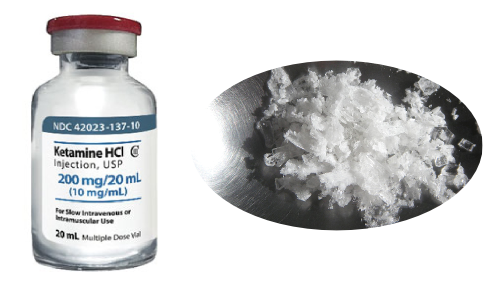
LSD
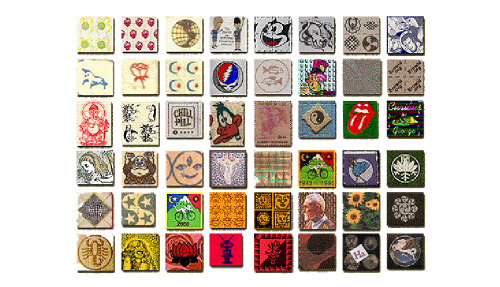
Mescaline (Peyote)
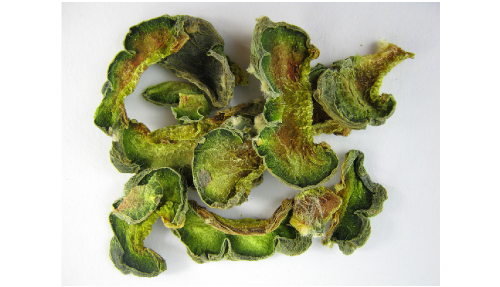
PCP
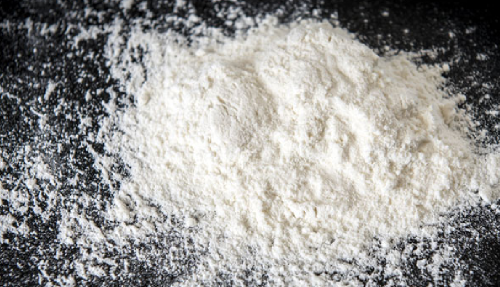
Psilocybin
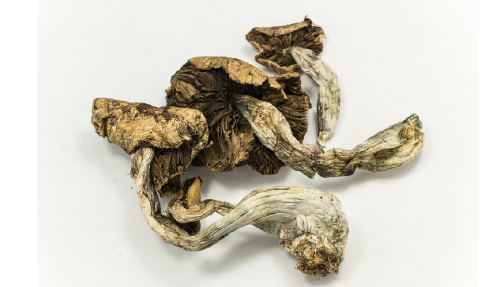
Salvia
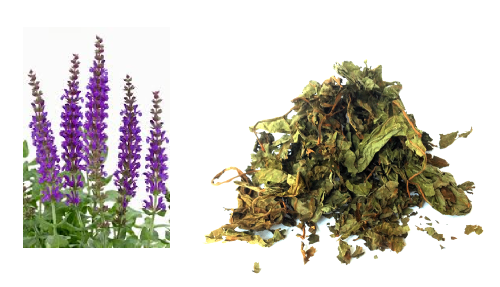
DMT
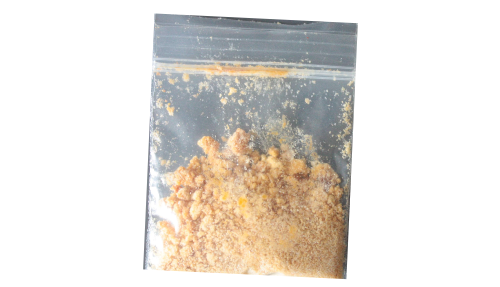
Ayahuasca
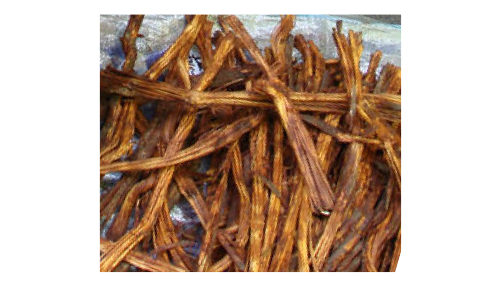
Common Street Names
Acid, Aya, Battery acid, Blotter, Boomers, Buttons, Cactus, Cat Valium, Cid, Diviner’s Sage, Doses, DMT, Dimitri, Dots, Golden Dragon, Heavenly Blue, K, Little Smoke, Loony toons, Lucy In The Sky With Diamonds, Maria Pastora, Magic Mint, Magic Mushrooms, Microdot, Pane, Purple Passion, Sally-D, Shrooms, Shepherdess’s Herb, Special K, Tab, Vitamin K, Window Pane, Yellow Sunshine, Zen
Common Forms
Liquid

Powder
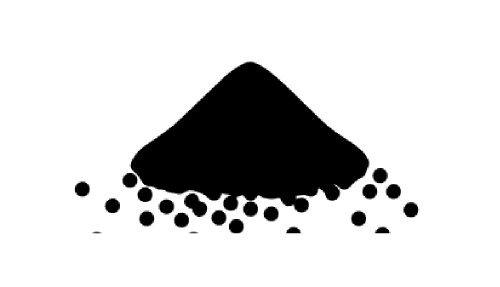
Capsule

Plant

Common Ways Taken
Swallowed

Inhaled

Smoked

Injected

Chewed
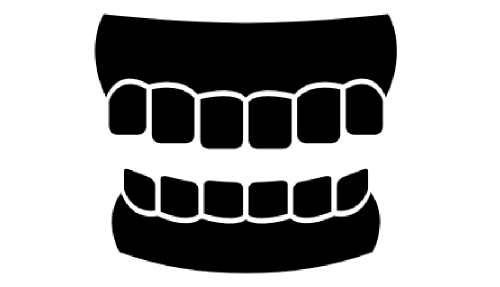
Brewed

Possible Health Effects
Short Term:
Ketamine: Problems with attention, learning, and memory; dreamlike states, hallucinations; sedation; confusion and problems speaking; loss of memory; problems moving, to the point of being immobile; raised blood pressure; unconsciousness; slowed breathing that can lead to death.
LSD: Rapid emotional swings; distortion of a person’s ability to recognize reality, think rationally, or communicate with others; raised blood pressure, heart rate, body temperature; dizziness and insomnia; loss of appetite; dry mouth; sweating; numbness; weakness; tremors; enlarged pupils.
Mescaline: Enhanced perception and feeling; hallucinations; euphoria; anxiety; increased body temperature, heart rate, blood pressure; sweating; problems with movement.
PCP: Intense visual hallucinations, depersonalization, auditory distortions, and an altered perception of time and body image, usually resolving in 30-45 minutes or less. Physical effects include hypertension, increased heart rate, agitation, seizures, dilated pupils, involuntary rapid eye movements, dizziness, incoordination.
Psilocybin: Hallucinations, altered perception of time, inability to tell fantasy from reality, panic, muscle relaxation or weakness, problems with movement, enlarged pupils, nausea, vomiting, drowsiness.
Salvia: Short-lived but intense hallucinations; altered visual perception, mood, body sensations; mood swings, feelings of detachment from one’s body; sweating.
Ayahuasca: Strong hallucinations including perceptions of otherworldly imagery, altered visual and auditory perceptions; increased blood pressure; vomiting. Nausea, vomiting, diarrhea, body aches, sweats/chills (alternating), and other flu- or food poisoning-like symptoms, fear and/or paranoia, feeling as though one is losing one's mind, feeling as though one is dying, disequilibrium, difficulty walking
DMT: Intense visual hallucinations, depersonalization, auditory distortions, and an altered perception of time and body image, usually resolving in 30-45 minutes or less. Physical effects include hypertension, increased heart rate, agitation, seizures, dilated pupils, involuntary rapid eye movements, dizziness, incoordination.
Long-term:
Ketamine: Ulcers and pain in the bladder; kidney problems; stomach pain; depression; poor memory.
LSD: Frightening flashbacks (called Hallucinogen Persisting Perception Disorder [HPPD]); ongoing visual disturbances, disorganized thinking, paranoia, and mood swings.
Mescaline: Unknown.
PCP: Unknown.
Psilocybin: Risk of flashbacks and memory problems.
Salvia: Unknown.
Ayahuasca: Unknown.
DMT: Unknown.
Other Health-related Issues:
Ketamine: Sometimes used as a date rape drug. Risk of HIV, hepatitis, and other infectious diseases from shared needles.
LSD: Unknown.
Mescaline: Unknown.
PCP: At high doses, coma and respiratory arrest have occurred.
Psilocybin: Risk of poisoning if a poisonous mushroom is accidentally used.
Salvia: Unknown.
Ayahuasca: Can have extreme negative health effects if taken with some presciptions drugs, especially antidepressants such as Prozac and other selective serotonin reuptake inhibitors.
DMT: At high doses, coma and respiratory arrest have occurred.
In Combination with Alcohol:
Ketamine: Increased risk of adverse effects.
LSD: May decrease the perceived effects of alcohol.
Mescaline: Unknown.
PCP: Unknown.
Psilocybin: May decrease the perceived effects of alcohol.
Salvia: Unknown.
Ayahuasca: Unknown.
DMT: Unknown.
Withdrawal Symptoms:
Ketamine: Unknown.
LSD: Unknown.
Mescaline: Unknown.
PCP: Unknown.
Psilocybin: Unknown.
Salvia: Unknown.
Ayahuasca: Unknown.
DMT: Unknown.
Overdose Symptoms: Vary greatly for this class of drug.
Treatment Options
Medications:
Ketamine: There are no FDA-approved medications to treat addiction to ketamine or other dissociative drugs.
LSD: There are no FDA-approved medications to treat addiction to LSD or other hallucinogens.
Mescaline: There are no FDA-approved medications to treat addiction to mescaline or other hallucinogens.
PCP: It is not known whether DMT is addictive. There are no FDA-approved medications to treat addiction to DMT or other hallucinogens.
Psilocybin: It is not known whether psilocybin is addictive. There are no FDA-approved medications to treat addiction to psilocybin or other hallucinogens.
Salvia: It is not known whether salvia is addictive. There are no FDA-approved medications to treat addiction to salvia or other dissociative drugs.
Ayahuasca: It is not known whether ayahuasca is addictive. There are no FDA-approved medications to treat addiction to ayahuasca or other hallucinogens.
DMT: It is not known whether DMT is addictive. There are no FDA-approved medications to treat addiction to DMT or other hallucinogens.
Behavioral Therapies:
Ketamine: More research is needed to find out if behavioral therapies can be used to treat addiction to dissociative drugs.
LSD: More research is needed to find out if behavioral therapies can be used to treat addiction to hallucinogens.
Mescaline: More research is needed to find out if behavioral therapies can be used to treat addiction to hallucinogens.
PCP: More research is needed to find out if DMT is addictive and, if so, whether behavioral therapies are effective.
Psilocybin: More research is needed to find out if psilocybin is addictive and whether behavioral therapies can be used to treat addiction to this or other hallucinogens.
Salvia: More research is needed to find out if salvia is addictive, but behavioral therapies can be used to treat addiction to dissociative drugs.
Ayahuasca: More research is needed to find out if ayahuasca is addictive and, if so, whether behavioral therapies are effective.
DMT: More research is needed to find out if DMT is addictive and, if so, whether behavioral therapies are effective.
Sharable Media


